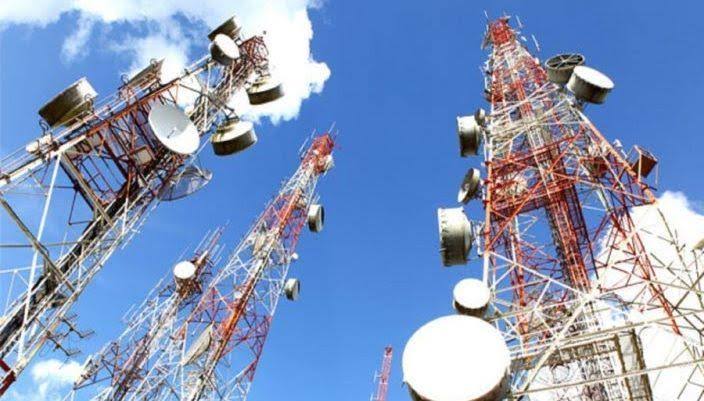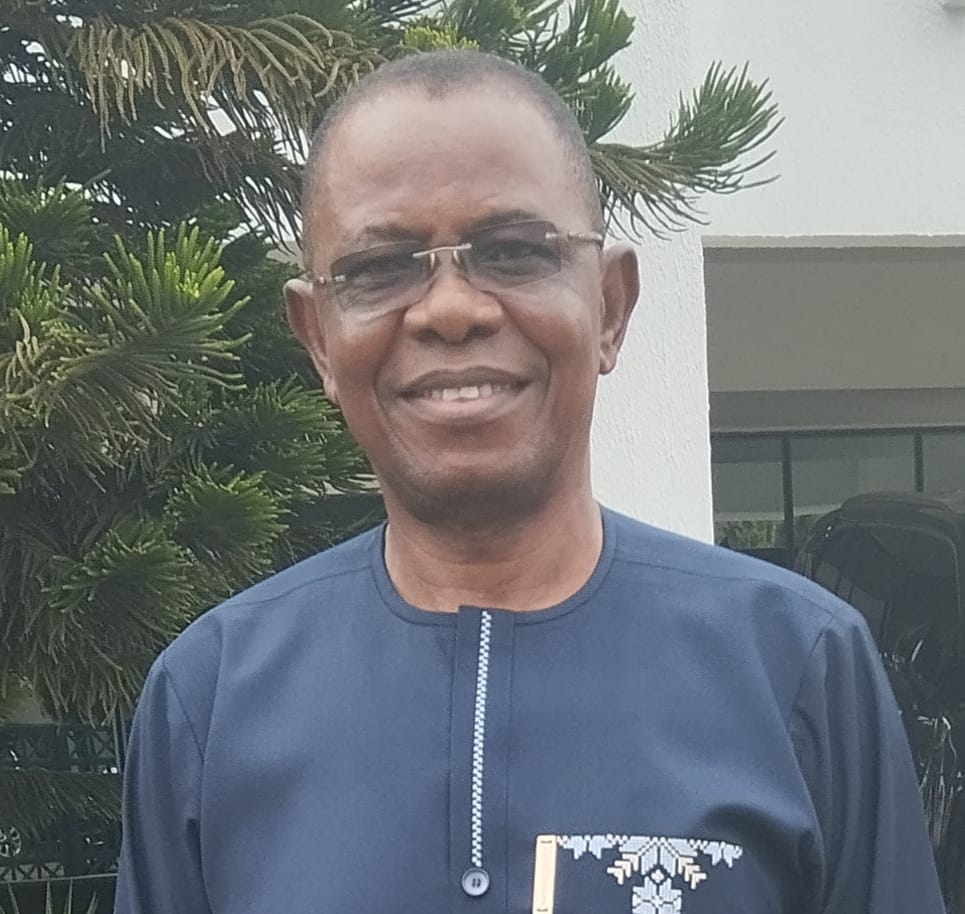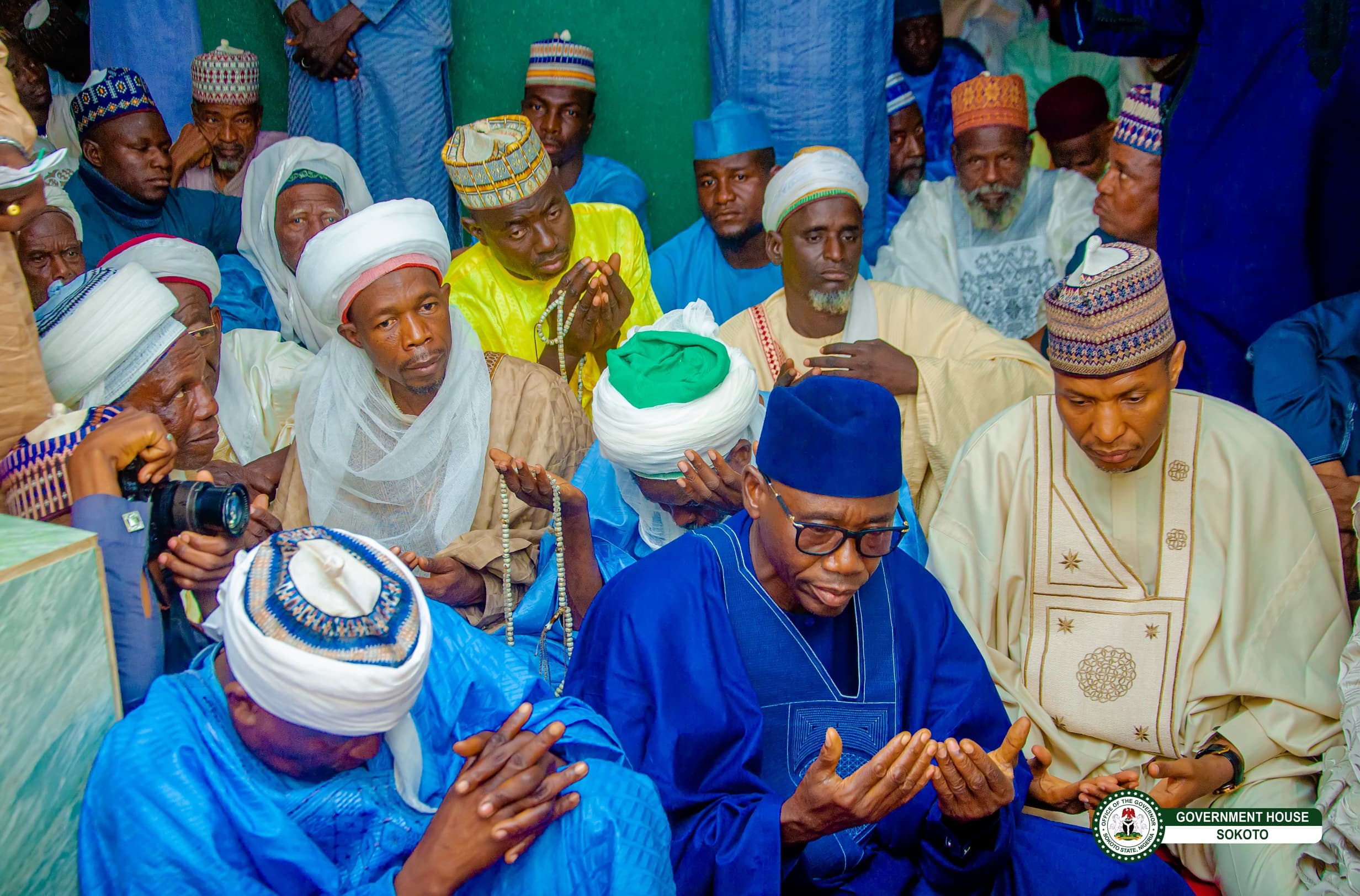Nigeria’s Minister of Communications, Innovation, and Digital Economy, Bosun Tijani, has announced that telecommunications tariffs will increase, but will not be as high as 100 percent.
Gatekeepers News reports that this development comes after telecom operators have been pushing for a tariff increase to mitigate shrinking investments in the sector.
The Association of Licensed Telecommunications Operators of Nigeria (ALTON) had warned of service shedding if tariffs remain unchanged, while the Association of Telecommunications Companies of Nigeria (ATCON) urged the Nigerian Communications Commission (NCC) to review call tariffs upwards by the first quarter of 2025.
Tijani assured stakeholders that the NCC would approve and announce the new tariff after ongoing consultations. The minister emphasized the need for proper regulations to ensure the growth of the telecommunications sector.
“You have seen over the past weeks that there has been agitation from some of these companies to increase tariffs,” Tijani said.
“They are requesting for 100 per cent tariff increase.
“But it will not be by 100 per cent; the NCC will soon come up with a clear directive on how we will go about it.
“We want to strike the balance as a government, to protect our people, but also protect and ensure that these companies can continue to invest significantly.”
The minister also said the federal government will no longer rely solely on private companies for infrastructure investments in the sector.
“As a country, over time, we have left these investments in the hands of the private sector. They typically invest where they can see returns in the short to medium term,” he said.
“We will not want this conversation to just be about tariff increase. What the world is talking about today is meaningful connectivity, people want to have access to quality service.
“A part of it that the consumers may not be aware of is the investment that needs to go into the infrastructure that is used to deliver these services.”
On his part, Aminu Maida, the executive vice-chairman of the NCC, said the meeting focused on the sustainability of the industry.
He reiterated that a 100 percent tariff increase is unlikely.
“I know that Nigerians are agitated to hear the exact percentage approved. There is still some stakeholder engagements that we are going through, but you will hear from us within a week or two,” Maida said.
The executive vice-chairman added that the NCC has introduced tools to ensure compliance with service quality.
Maida asked the mobile network operators (MNOs) to use simple templates to show Nigerians charges for voice calls, SMS, and data.
“We are moving away from the regime where you will have a main rate, then you will now have a bonus which is at a different rate,” Maida said.
“It makes it often complicated and difficult for Nigerians to actually understand what they are being charged for. There is this agitation that the MNOs are stealing our data.”
Dinesh Balsingh, the chief executive officer (CEO) of Airtel Nigeria, represented by Femi Adeniran, Airtel’s media spokesperson, said rising operational and capital costs made the tariff adjustments necessary.
Balsingh added that the increase aims to ensure the sector’s long-term sustainability while offering significant benefits to Nigerian consumers.







